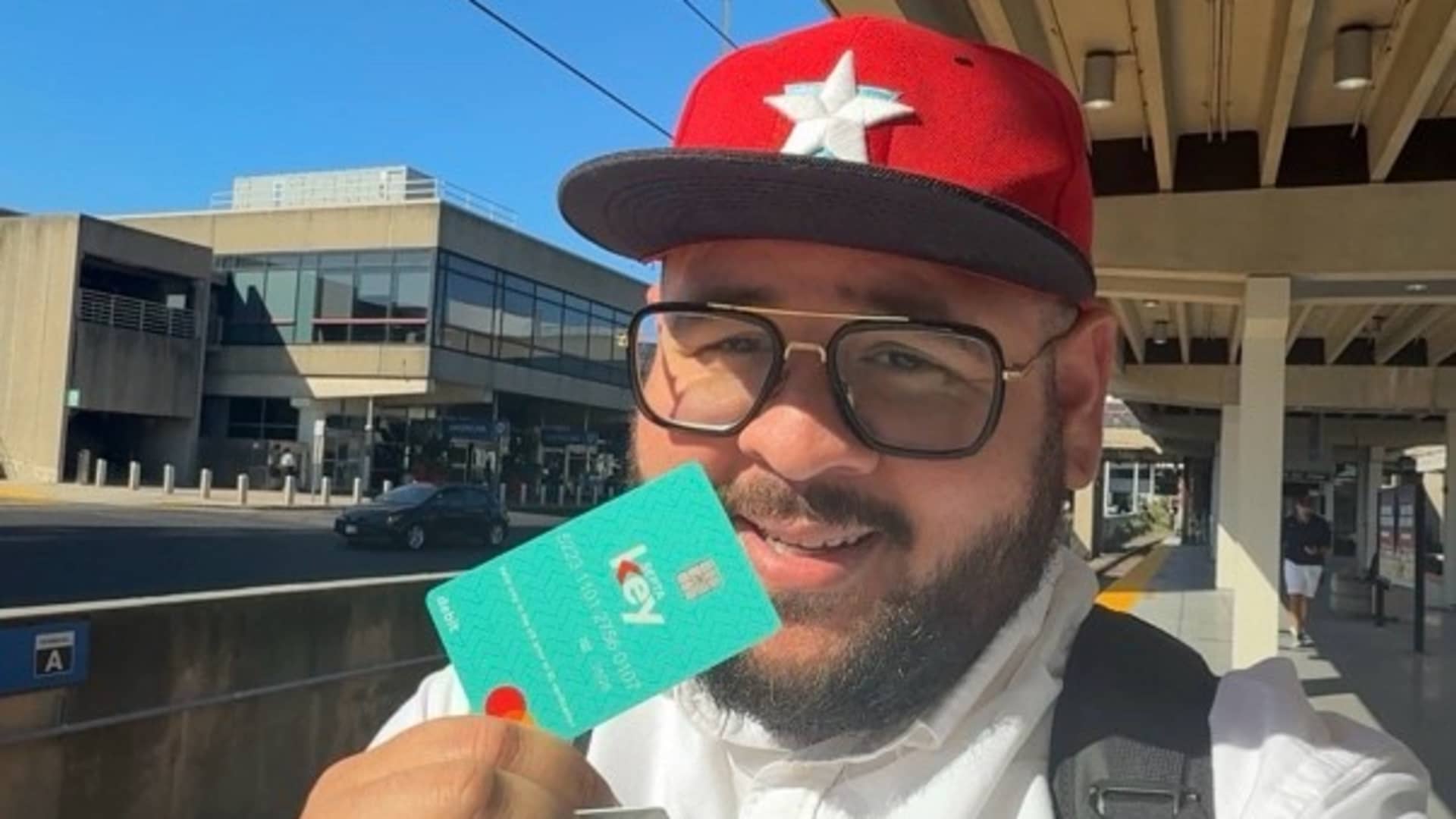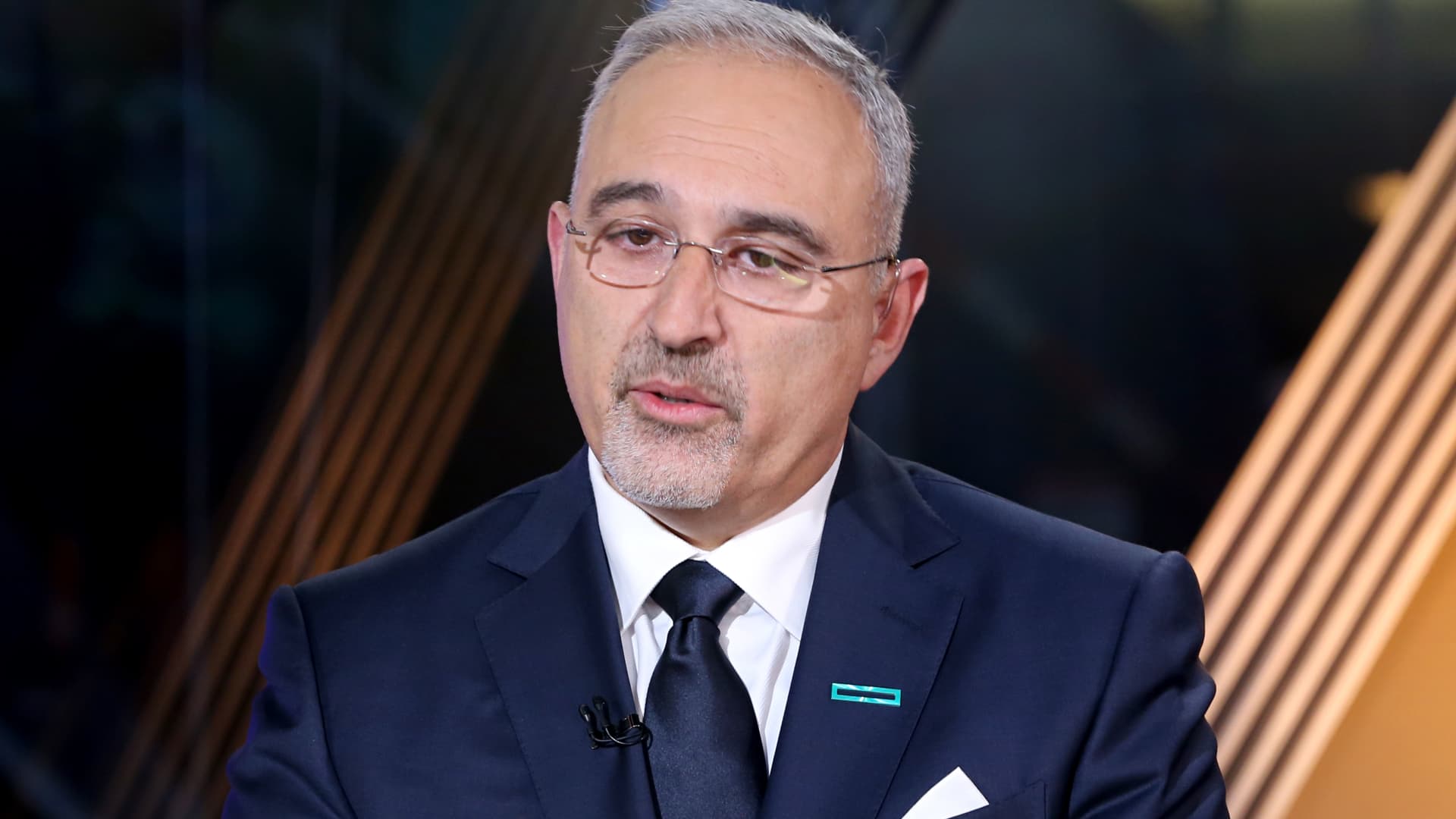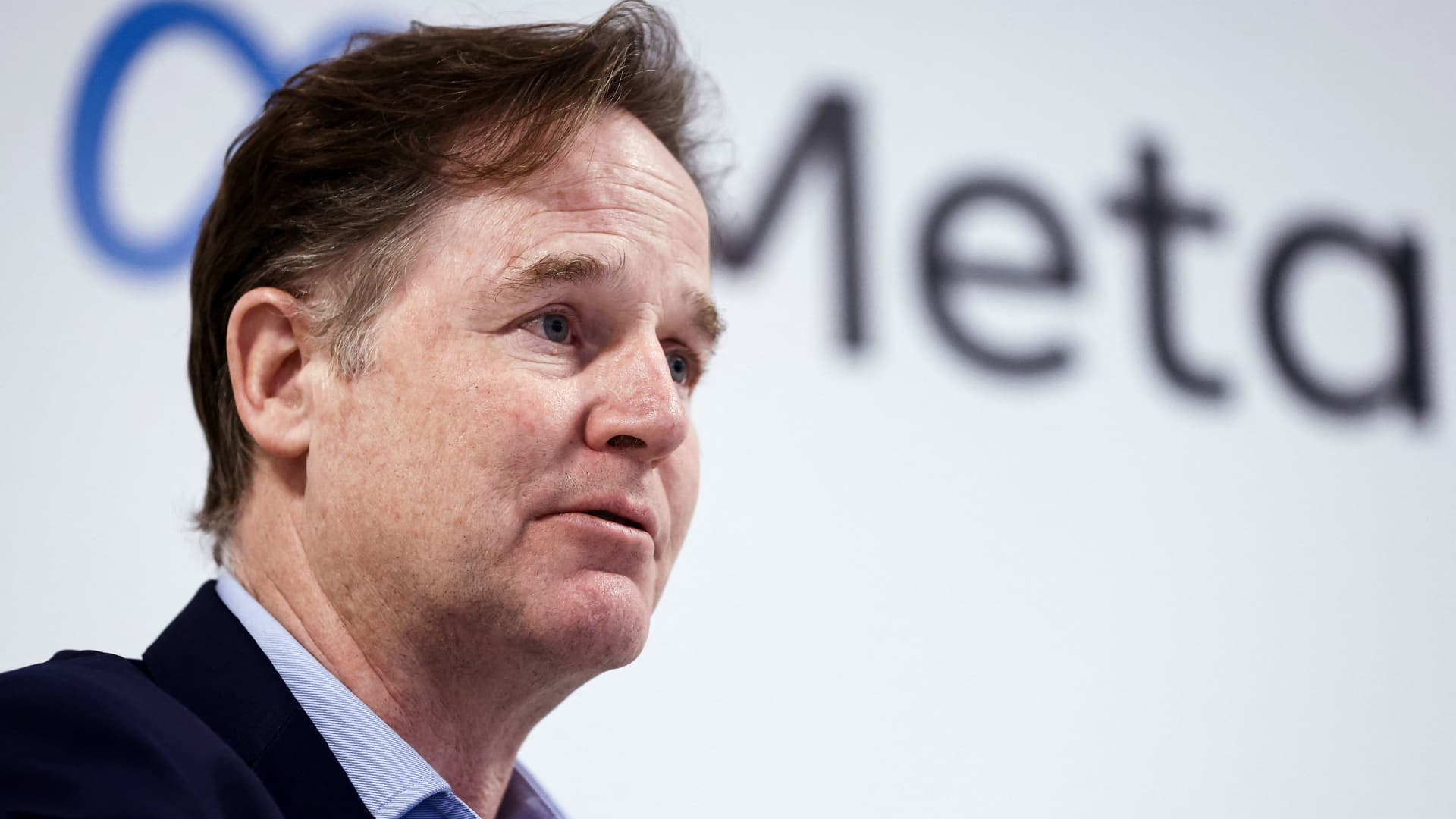Over the next 25 years, more than $120 trillion in wealth will be passed down to inheritors, according to Cerulli Associates.
Only 27% of these future beneficiaries — primarily widows and children — plan to keep their benefactor’s wealth advisor, per Cerulli’s survey of investors with at least $250,000 in financial assets. The share drops to 20% for those who have already inherited their riches, according to the report released in September.
However, most heirs aren’t firing their benefactors’ wealth advisors in favor of self-directed investing and digital products. When asked why they chose another route, half of those surveyed said they already had their own advisor. The second-most popular reason, at 28%, was not having a relationship with their benefactors’ advisor. Only 14% said they didn’t want to work with a financial advisor at all, and 10% said the advisor didn’t meet their specific investment needs. Respondents to the survey could pick multiple reasons.
“Keep in mind, if the parents die in their 70s or 80s, the inheritor is between 40 and 60,” said John McKenna, research analyst at Cerulli. “In most of these cases, they have matured into wealth management clients. They have relationships, and they’re just going to be adding incrementally to their existing relationships rather than starting a new one with a legacy advisor.”
For their part, benefactors who are planning to pass their wealth down are largely ambivalent about whether their heirs use the same advisors despite saying they are largely satisfied with their service, Cerulli found. While just over a quarter of those surveyed said they wished their inheritors would keep their advisor, more than half said they were unsure or that it was up to their beneficiaries. Seven percent said they did not want their heirs to use their advisor, with the most popular reason being that the parties didn’t already have a relationship.
The crux of the problem, according to Scott Smith, senior director of advice relationships at Cerulli, is that clients are often reluctant to discuss their estate plans with their families. Even among investors with more than $5 million in financial assets, 20% said they intended for heirs to learn about their wealth after their death. The actual number of procrastinators is likely higher, as 34% of high-net-worth heirs said they were told these details after their benefactor died.
“Benefactors believe that they will talk to their next generation about this stuff before they die,” said Smith. “But when we ask the next generation, these conversations didn’t happen.”
As a result, advisors may have few opportunities to talk to their client’s children and explain what they can offer, Smith said. It’s up to the advisor to encourage clients to stop putting off uncomfortable discussions, he said.
“Reinforce it with the primary contact that it’s important for the survivor to get involved early on so they have their feet securely on the ground and they aren’t panicking as soon as it happens,” he said. “It’s not just that we’re trying to retain the assets. We’re trying to make it easier for your survivor when you pass.”
















Leave a Reply